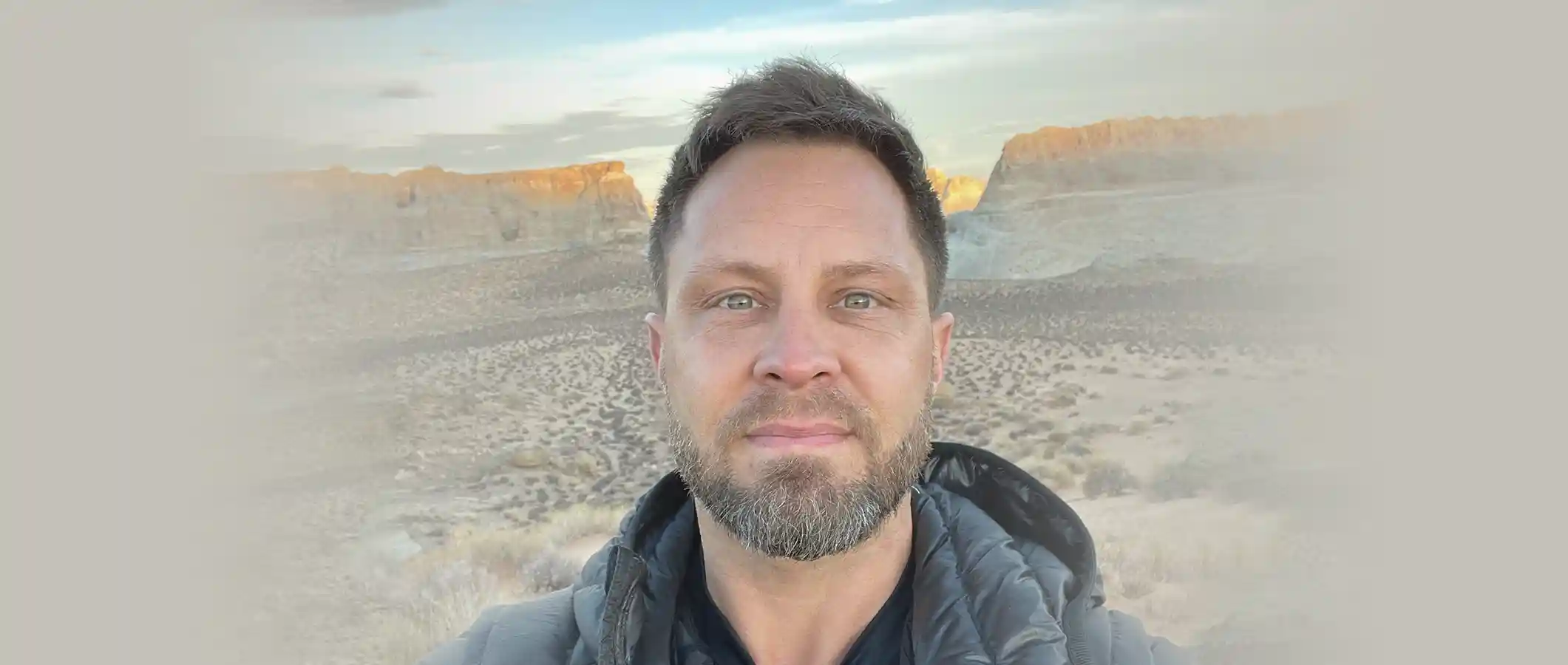Topics
- Post
- Training & Exercise
- Member Stories
Podcast 154: Bobby Stroupe Shares What it Takes to Train an NFL MVP

This week’s guest is world-class athletic performance trainer and coach Bobby Stroupe, best known for his work with Super Bowl champion Patrick Mahomes.
Bobby Stroupe has been working with Patrick Mahomes since he was 9 years old and has played a critical role in Patrick’s rise to the top of the sports world. Bobby has dedicated his life to human performance systems. He has worked with some of the top athletes in baseball and football and has helped both collegiate and professional teams reach their goals. Bobby founded the ATHLETE Performance Enhancement Center (APEC) in Tyler, Texas in 2005, and has grown it into a world-wide training leader. He sits down with our own Mike Lombardi for a discussion about coaching philosophies and high performance. They talk about how gamifying your recoveries with WHOOP can be an outstanding motivator, managing red recoveries and why they shouldn’t deter you from crushing your workouts, and why the mental, emotional, and spiritual components for athletes are critical. Stay healthy and stay in the green!
Trainer Bobby Stroupe Podcast Quotes & Highlights
2:50 - Becoming a Trainer. “In high school I had 20 or 30 of my friends staying after school to work out with me. I guess I was training them and not knowing what I was doing,” Bobby talks about how an injury during his senior season of football led him to the library to study more about the human body and about strength and conditioning. “I'm a curious person, I ask a lot of questions.” 7:49 - Starting Out. Bobby explains his beginnings as a professional personal trainer and how he went door to door seeking out people interested in training with him. 8:42 - Meeting Patrick Mahomes. Bobby shares how he met a young Patrick Mahomes by working with his father, former MLB pitcher Pat Mahomes, as he was working his way back from an injury. “I don't believe in personal training for kids,” Bobby says, adding that his first work with Patrick came in group settings. “Everyone goes into groups [in the program] because I think it is a skill that kids and athletes need to learn to get in shape, to receive instruction. I think that there's hormonal advantages and there's physiological and cognitive advantages to taking instruction and groups.” Patrick started training on a one-on-one basis with Bobby in high school. 10:05 - Being Known as Patrick Mahomes’ Trainer. “I will proudly wear the badge as someone that was made by Patrick. That's fine. I'll change my name to Patrick Mahomes’ Trainer,” Bobby jokes. “But I will tell you that before Patrick was in high school, we had over a hundred professional athletes in six different sports. That doesn't make us good or bad, your client list doesn't make you good at what you do, but we had a focused mission before him and I'm so honored to walk alongside him now and support him.” 14:18 - Mental, Emotional & Spiritual Components of an Athlete. “The player's life has to be in a good place if you're going to get their best play. And that's why they've got to focus on that as an athletic attribute, those three things combined.” 17:43 - Gamifying Recovery. “This is going to be a silly thing to say on this podcast, but I don't think the accuracy of the WHOOP device matters in a large sense for my purpose, and let me explain that: The whole point is if I can gamify the recovery process, then I've already won because I've created a competitive environment for my athletes in a space that's never been able to be competitive. … I know [WHOOP is] accurate, but I've already won because they don't want to lose.” 19:16 - Reacting to Red Recoveries. Bobby explains his philosophy on how to approach training on red recoveries and why he usually doesn’t believe in lowering training intensity while in the red. “I don’t want to ever compromise intensity in training, but I will compromise volume in training. … I think there’s too much reaction to poor scores,” Bobby says. “You can still do miraculous things with a singular day in the red. If you wake up in the red, it’s really an opportunity for you to take advantage of your resources and tighten the screws for the rest of the day.” 25:08 - Stress. “[It’s important to be subjective] about other elements of stress in your life. … All of it matters. Stress is stress. The body can't delineate if it's coming from what I'm doing [as a trainer] or it's an external form of stress. You have to adapt, within reason.” 28:37 - Bobby’s Advice to Coaches. “Commit to lifelong education and self audit monthly and quarterly, and deep dive yearly. Question everything. Be open minded.” 32:27 - Accepting Different Philosophies. “I got exposed to some philosophies I didn't agree with. And I had to face the fact that I'm wrong about a lot, not a little bit, but a lot. And I think in training, you don't want to wholesale adopt training philosophies like religions. It's not an all-in or all-out. You don't have to be a certain religion or denomination. You can learn from all of them. I decided to go learn about the things that I disagreed with directly, and when I did it opened me to just changing my world.” Connect with Bobby on Instagram and Twitter